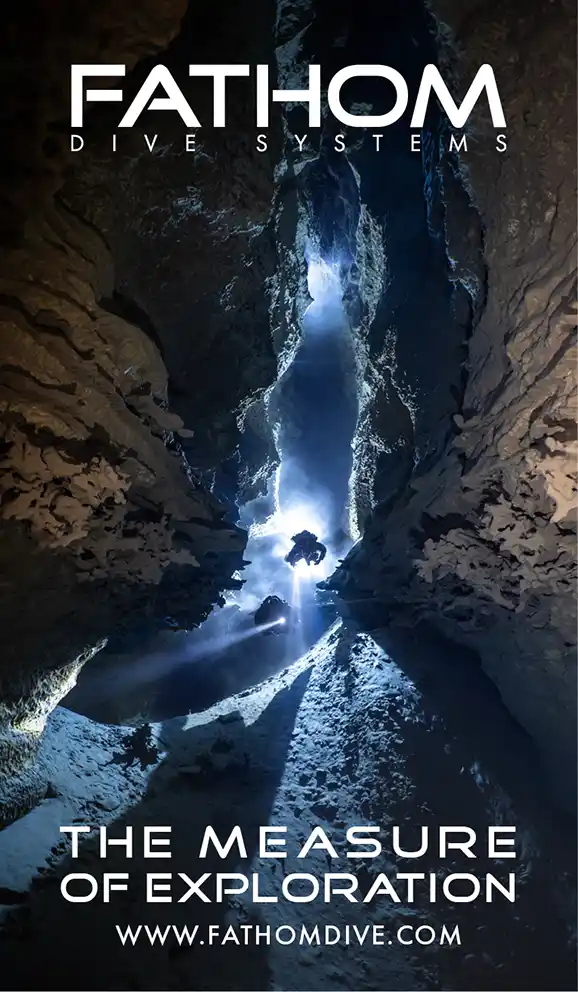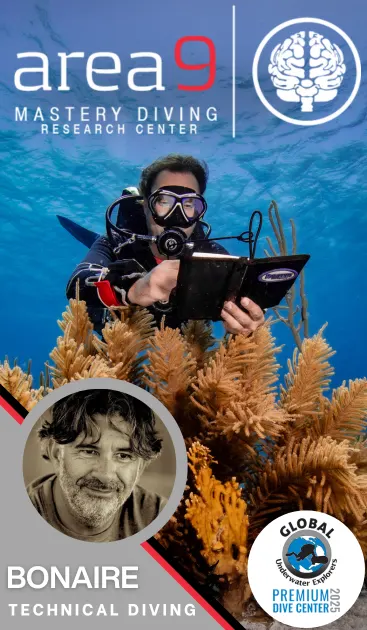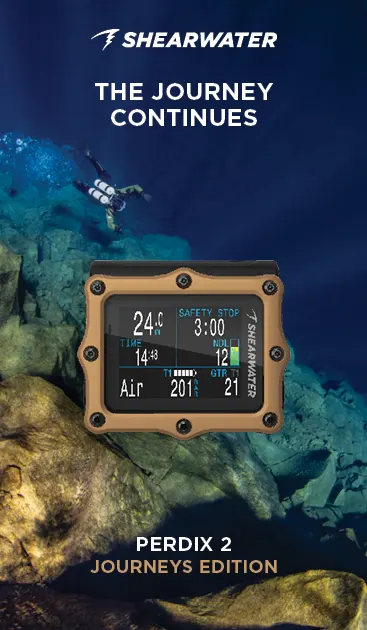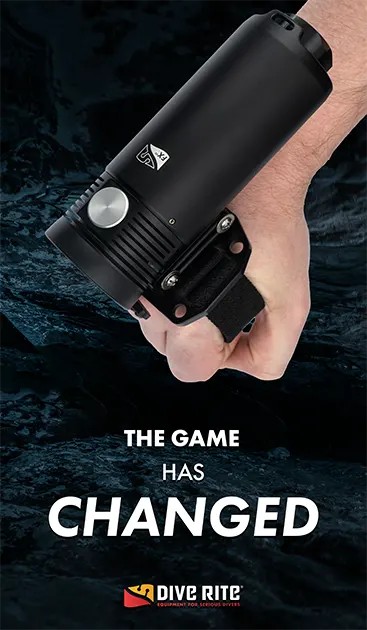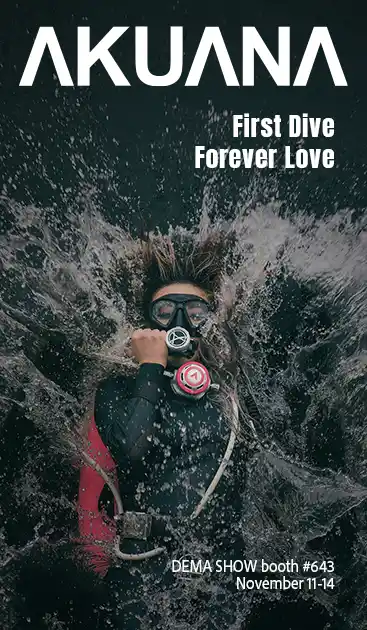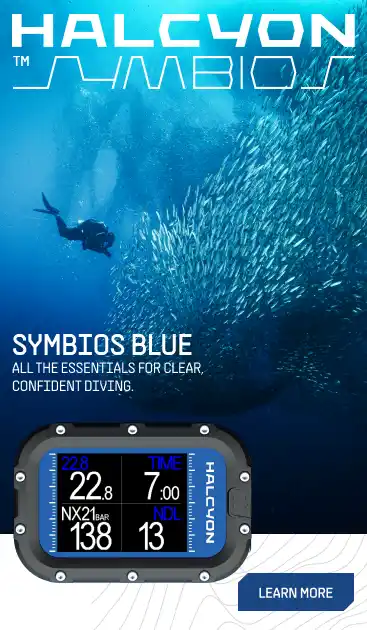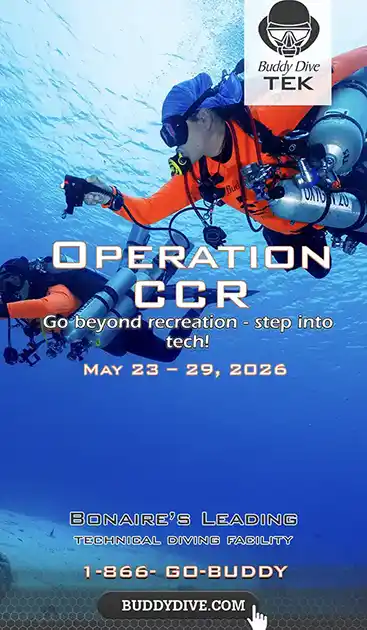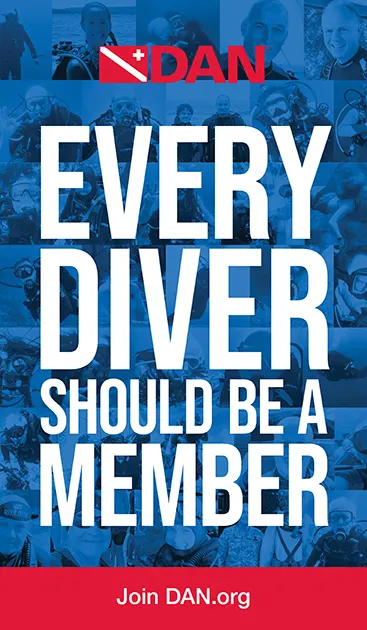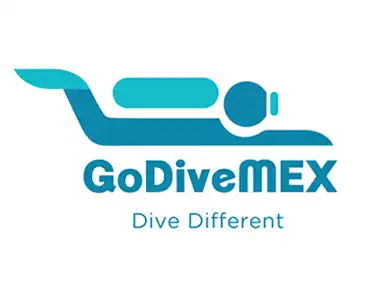
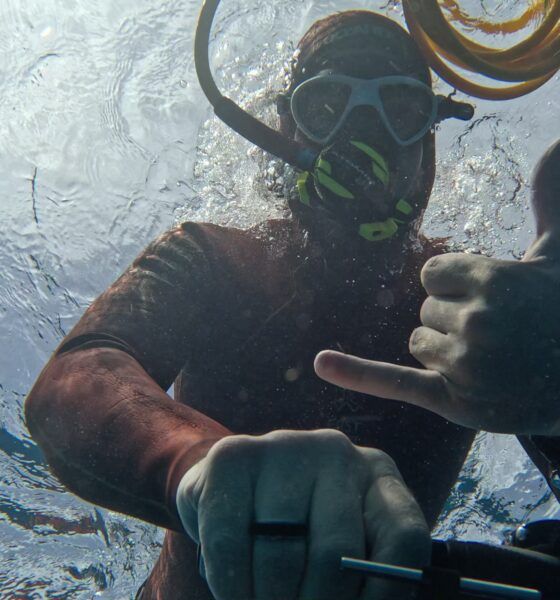
Latest Features
Technical Freediving is Reemerging as the Cutting Edge of Diving
Lead image: Tech freediver Nick Fazah, pre-breathing a nitrox mix before his dive during Kirk Krack’s March 2025 Chuuk Expedition.
“Doing these dives on air is like having sex without a condom. The technology is there, it’s stupid not to use it.“—Dick Rutkowski, Founder of International Association of Nitrox Divers, during the “nitrox wars” of the early1990s—aquaCORPS 1992
Just like tech divers in the 1990s, freedivers are the latest community to adapt mixed gas technology to their diving protocols. Why would breathe-hold divers pre-breathe an oxygen-enriched nitrox mix instead of simply filling their lungs with atmospheric air? For the same reason that compressed gas divers from the sport, commercial and military diving communities use mix technology—to improve their safety and performance! [Note, helium is unsuitable for this application due to its rapid diffusiveness]
Interestingly, technical freediving, which is the brainchild of multi-disciplined, diving instructor trainer Kirk Krack, first attained recognition in mid-2019, when Krack sold his training organization, Performance Freediving International (PFI), which included the first “mixed gas” freediving course, to International Training (ITI), the home of Technical Diving Int’l (TDI), SDI and ERDI. Given that TDI is the largest technical diving training agency, it seemed inevitable that tech freediving would boom, just as tech diving had in the 1990s.
Though PFI’s course was aimed at “working” freedivers, i.e., safety divers, photographers, spearfishermen, harvesters and explorers, Krack believed it would ultimately have a broader appeal, “I see technical freediving creating a following and style of its own, much like technical diving parallels recreational scuba diving today. I hope it will lead to new expeditionary styles of freediving as well as more procedural and equipment innovations,” he explained.
Then the COVID Pandemic hit, and technical freediving, along with diving itself was set back several years!
Now, following Krack’s March 2025 Chuuk Technical Scooter Freediving Research Expedition, which included a number of tech freediving pioneers (see stories below) tech freediving is back and ready to gain traction among the serious breath-hold community. Though PFI is currently the only agency offering mixed gas freediving training, others will likely follow if this new form of freediving gains traction. Are you listening NAUI, RAID, SSI and PADI?
What’s not known is whether freedivers wanting to extend their envelope will embrace mix technology with the same enthusiasm, and in the same numbers (or even close?), that serious scuba divers did in the 1990s to create what we called at the time, the “technical diving revolution.” I understand that the actual #s are still very small. As one freediving instructor trainer told me, “It’s a different culture—freedivers rarely want tanks!” Hmm, scooters? Watch this space.
Here then is almost everything you wanted to know about technical freediving. Take a deep breath (of nitrox) and dive in!—M2

To Mix or Not To Mix? That is the Freediving Question
A brief history of technical freediving, its advantages and disadvantages, training, and its future by Kirk Krack
Tech Freediving Classic: Circumnavigating the Chuuk Lagoon’s Nippo Maru 43m on a Single (Mix) Breath

Apnea, Evolved: These Pioneers are Shaping the Future of Tech Freediving
by Charly Stringer

PFI’s Technical Freediving Specialty Course
by Kirk Krack

Why Tech Divers Should Take A Freediving Course
by Ted Harty
The tech community can arguably learn a lot from freedivers who have operationalized their knowledge and their ability to manipulate mammalian physiology, to significant effect. Today’s top athletes are all pushing beyond 100 meters feet, while even intermediate freedivers are reaching tech diving depths. That’s why we recommend that every tech diver should take a freediving course. Freediving educator Ted Harty explains why.

Is Freediving Safe?
by Ted Harty
According to DAN, breath-hold diving fatalities accounted for nearly a third, or 52 of the 162 recreational scuba deaths in 2017, and four times the number of tech diving fatalities that year. Is freediving actually more dangerous than tech diving? Former USA Freediving Team captain, record holder, and PFI instructor-trainer Ted Harty explains what’s happening and what’s required to improve freediving safety. Take a deep breath.

DeeperBlue: Technical Freediving: Are Breathhold Divers Ready To Mix It Up?
by Michael Menduno
This was a foundational story about the origins, theory and implementation of “technical freediving” in 2019, just before the pandemic shut everything down.

















